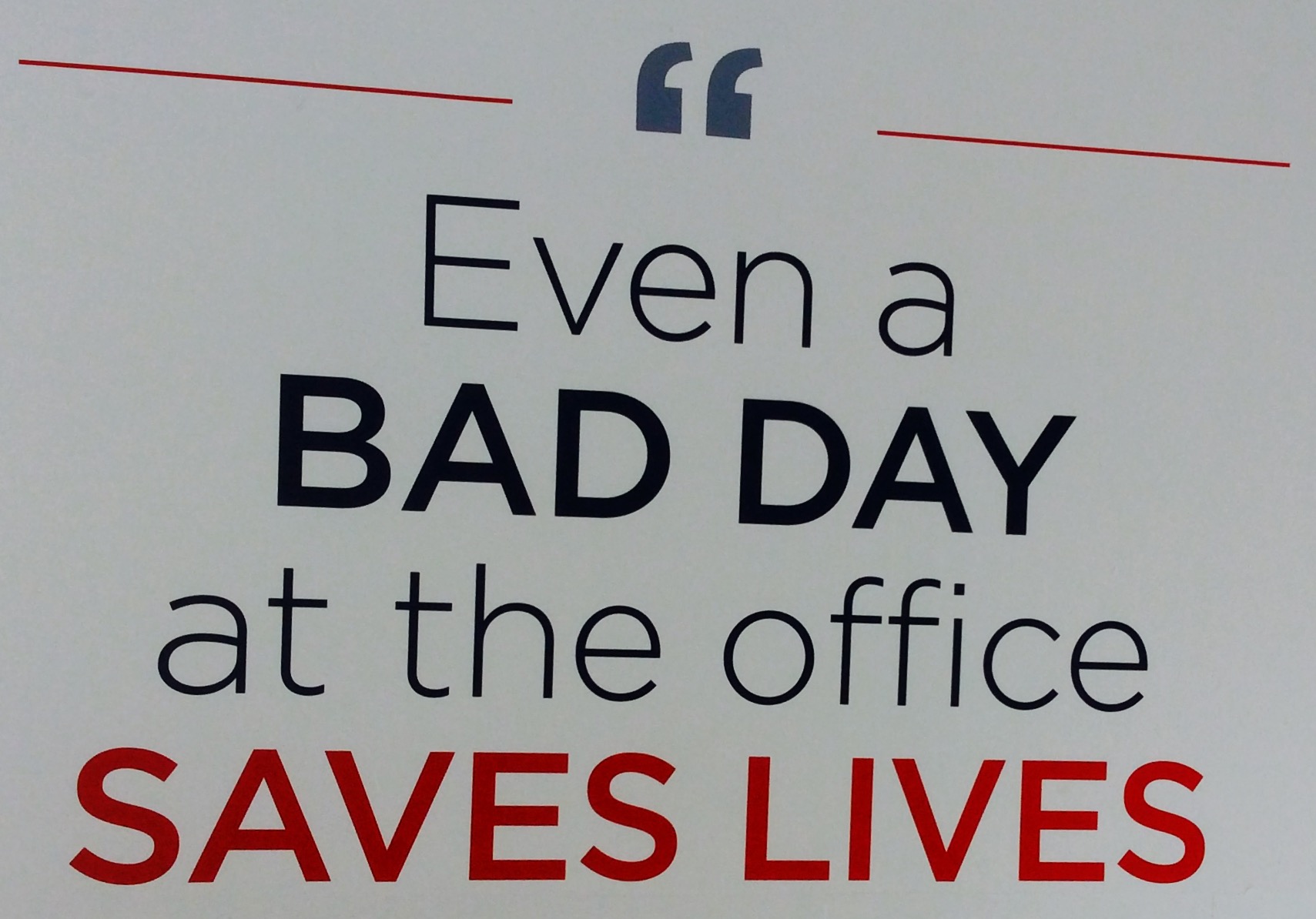Week Two at the KCF: Leadership, Alan Johnson MP and the Daily Mail
This week heralded the arrival of our new Director, Susan Dolton, who arrives with a wealth of experience having been director at the Charity “Help Musicians UK”. Fortunately for me, she has shown a great interest in my interning at the Foundation, and has already suggested a number of new projects I could pursue whilst working here. I’ve also realised she’s a shrewd manager and extremely competent leader; it’s amazing the effect it can have on a team’s productivity when the person in charge displays a genuine interest in what you’re doing, an effect I’ve noticed first hand in myself. She gives praise where and when it’s due, yet is unafraid of criticising elements of the Foundation whilst always remaining assertive and constructive. She’s also demonstrated an ambitious outlook for the Foundation, which I think is so important, since it would be such a shame for it to stagnate now considering how far it has come. I feel like I can learn a lot simply by observing how she leads a team.
We’ve had meeting with regards to progress of the organisation of the Foundation’s biggest event: its annual celebration, this year held at the V&A and featuring Kirsty Lang interviewing Alan Johnson MP. When organising such a large event, it’s critical everyone has an idea of what everyone else is doing, whilst ensuring they complete their own objectives. I’m beginning to appreciate the complexities of its organisation, ranging from deciding who and how to invite people and charities, how much people should be charged, logistics, catering, contingency plans, volunteer requirements, marketing etc.
This week was also when I realised the true vastness of the challenge of cataloging the borough’s enormity of celebrity talent. The original list, sparse in detail and numbering less than 25, has more than doubled in quantity and been greatly embellished, and yet I know I have barely scratched the surface. I’ve been using the Electoral Roll to try and gain information about whether or not the prospects still live in the borough, whilst also analysing the philanthropic tendencies of the prospects, to see if any of them chime in with causes the Foundation allies itself with. This information will also help form how we as a Foundation eventually approach them. The good news is that the Foundation supports a vast array of causes within the borough, so theoretically there should be something for everyone. As part of my mission to find out as much relevant information as possible about these celebrities, I’ve had to sift through pages and pages of tabloid interviews and articles, especially the Daily Mail.
The things I do for charity…


